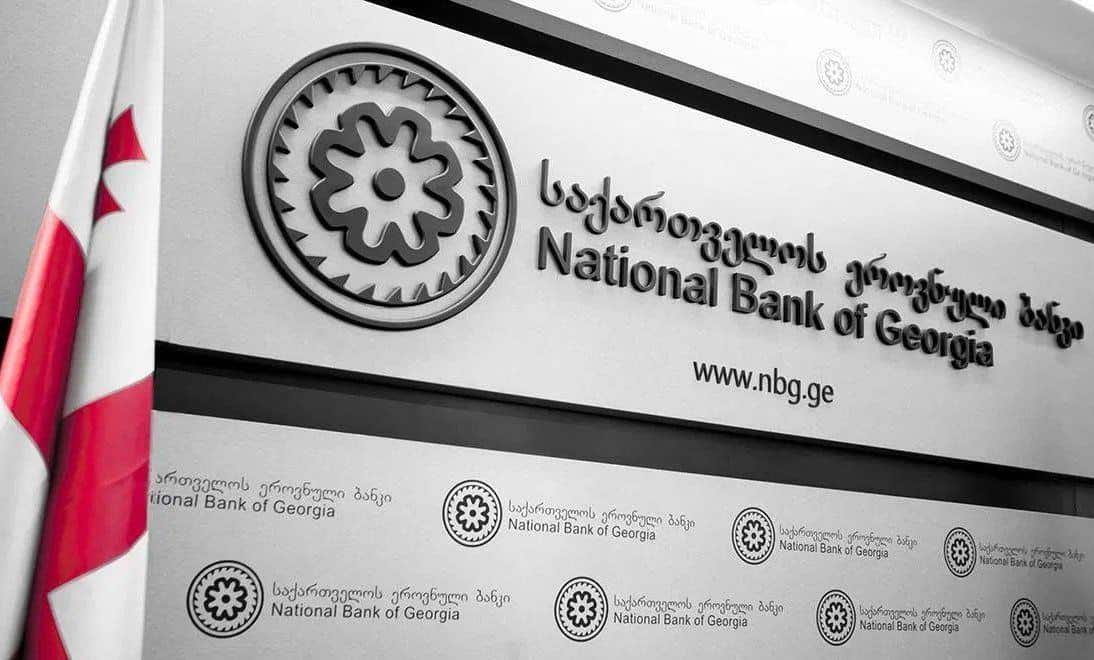Gov. Koba Gvenetadze of the National Bank of Georgia (NBG), the central bank of the former Soviet republic of Georgia, said in a recent interview that NBG is putting together a regulatory framework for cryptocurrency trading.
“The Financial” published an interview with Gvenetadze in which he was asked what the estimated turnover of cryptocurrency is in Georgia. Gvenetadze replied:
Due to the fact that the VASP sector is not regulated at this stage, we do not have accurate data on this issue. However, the fifth Round Mutual Evaluation Report of Georgia which was published in September 2020… states that the exchange transaction volume can be between GEL 3.5 to 5 million (EUR 1 to 1.5 million) per month.
Upon being asked if NBG plans to regulate the crypto market in Georgia, he replied:
Yes, the NBG plans to regulate the crypto market in Georgia.
In this regard, an initial draft of the necessary legislative changes has been developed in accordance with the requirements of the Financial Action Task Force. Development of this regulatory framework is also being supported by technical assistance from the staff of the International Monetary Fund. At this stage, a draft of legislation is drafted that lays out the requirements for registration/licensing, registration and licensing, compliance testing, and anti-money laundering controls for crypto market players.
As the NBG has already taken measures before these regulations enter into force, it must be noted that the above regulations are not yet in force. Institutions offering virtual asset exchange and transfer services have been prohibited, in particular. In addition, individuals who conduct activities relating to virtual assets should be labeled as high risk clients by financial institutions and be subjected to appropriate enhanced prevention measures. The regulatory law has not been introduced in parliament yet according to Gvenetadze.
Bitcoin mining has been popular in Georgia for years. With a population of less than 4 million, the country accounts for almost 1% of the total Bitcoin (BTC) hash rate. There is plenty of hydropower in the country, although power shortages in the remote Svaneti region over the winter were attributed to illegal private crypto mining activities. A spiritual injunction was issued by the national church to stop this harmful practice. In an attempt to retain the population, free electricity is provided to residents of private residences in the region.
































